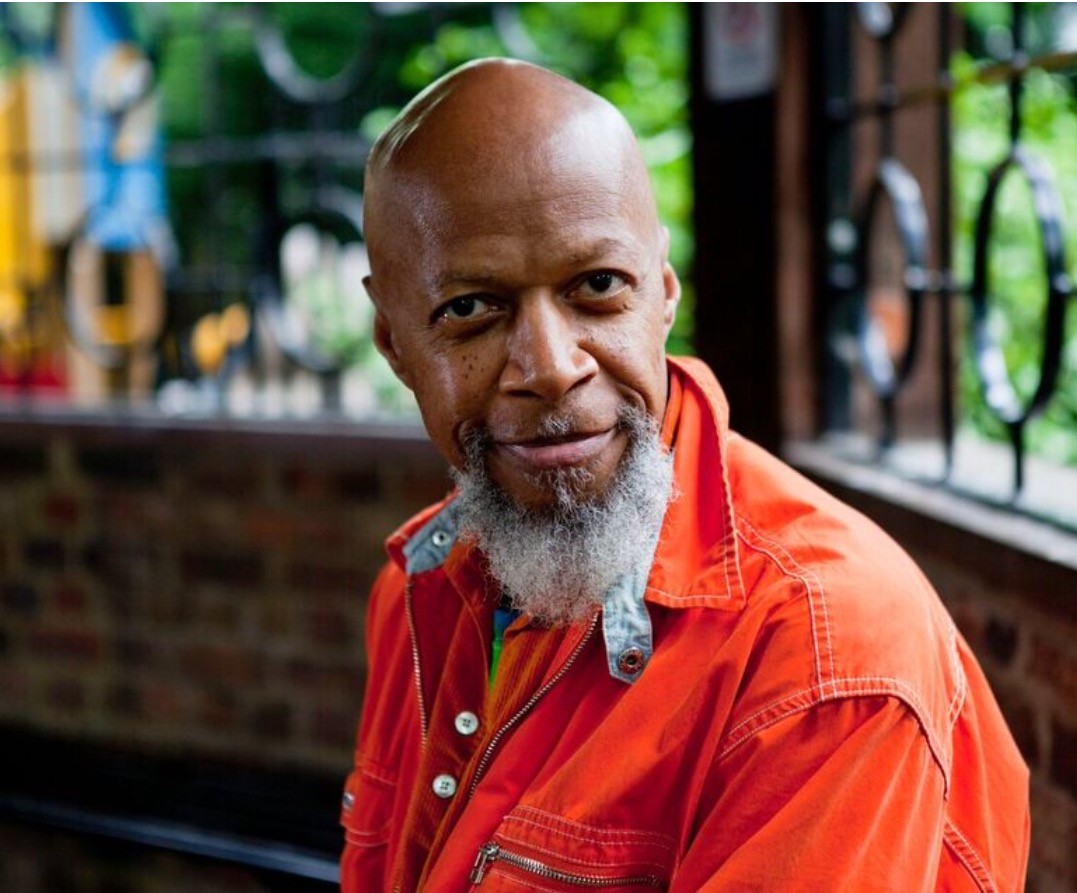The Bourse de Commerce presents in the morning in the museum’s Rotunda, where the monumental and intangible work of the artist Kimsooja unfolds on the ground, a yoga session that will take the form of a deep listening meditation, guided by American musician Laraaji through a combination of electronic zither and keyboard, gong and voice.
Rooting his knowledge of yoga and meditation in the past forty years, Laraaji offers a deep relaxation session centered on listening, gentle stretching, laughing and breathing.
It is advisable to bring comfortable clothing. The workshop is held in English and no specific skills are required. You may bring your own yoga mat or cushion.
Born in 1943 in Philadelphia, Edward Larry Gordon studied music theory and composition in the mid-1960s at Howard University in Washington, also known as the Black Harvard. He then moved to New York, joined the jazz band Winds of Change to play the electric piano, began studying oriental mysticism, and exchanged his guitar at a pawnshop for an autoharp – an instrument derived from the zither –, before turning it into an electronic instrument to create a mystical sound from it. Edward Larry Gordon then decides to link his musical and spiritual vocation, and becomes Laraaji. In the 1970s, equipped with his autoharp, he plays for hours with his eyes closed in the streets of New York, inviting passers-by to meditate. One evening, in Washington Square Park, British musician and producer Brian Eno discovers his music. Struck by Laraaji’s performance, he places in his instrument case a scribbled note offering him to collaborate on a musical project. As a member of the glam rock band Roxy Music from 1971 to 1973, Brian Eno had for several years been modeling a new musical genre known as Ambient music, which “must be able to accommodate many levels of listening attention without enforcing one in particular, (and) must be as ignorable as it is interesting” – a concept which his albums Discret Music (1975) and Music for Airports (1978) illustrate perfectly. From this meeting was born Laraaji's first album, Ambient 3: Day of Radiance (1980), produced by Brian Eno and third part of his Ambient series. Subsequently, Laraaji multiplied his album, often recorded at home and sold on cassettes during street performances. He further gained notoriety during the 1980s with his show Celestrana, broadcasted on New York public-access television, mixing music, new age spirituality, meditation and surrealist puppet comedy. In recent years, many of Laraaji's recordings have been reissued on the All Saints, Numero Group, Light In The Attic, Leaving Records and Stones Throw Records labels.
